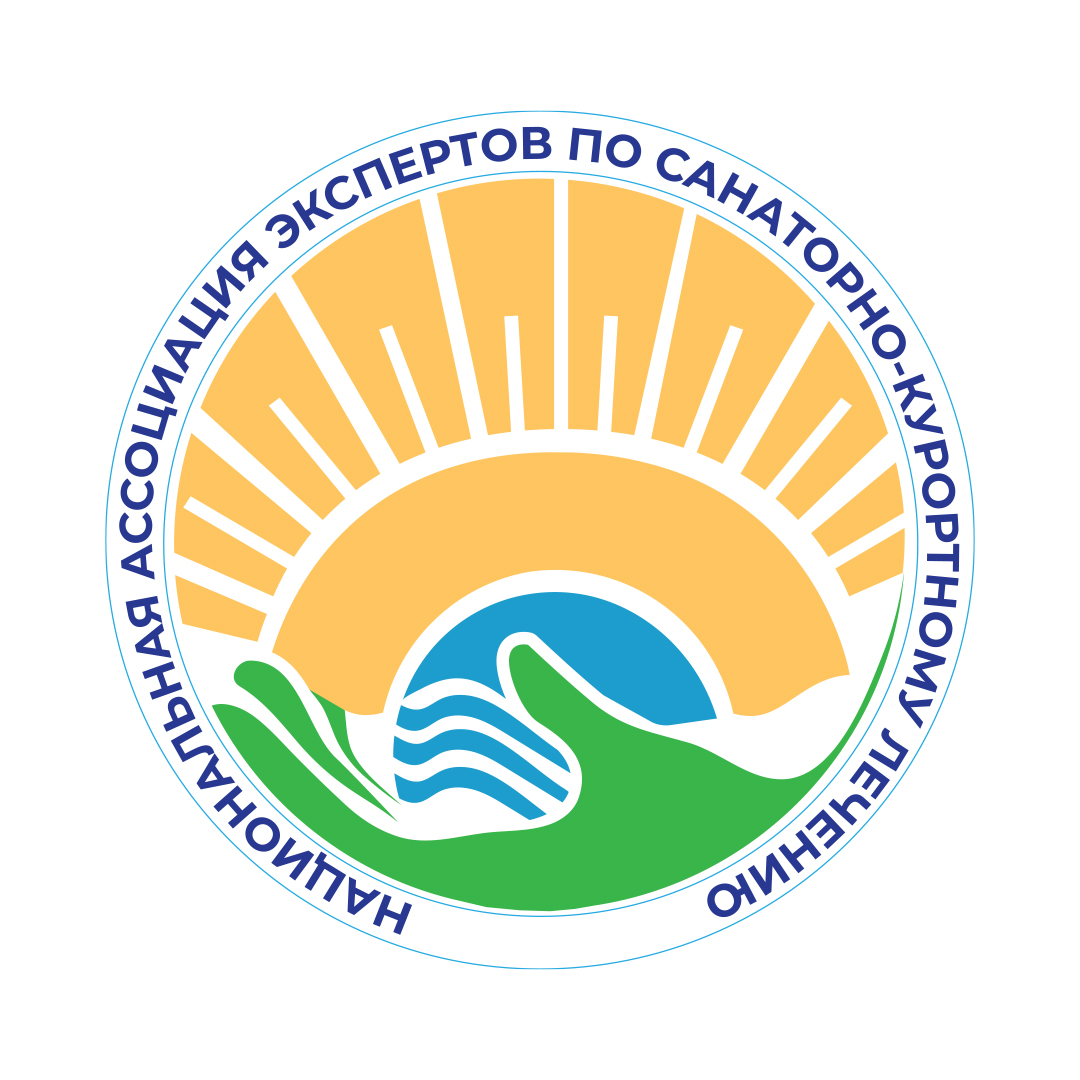Issue 24-1, 2025
Элемент не найден!

|

|
Founders:National Medical Research Center for Rehabilitation and Balneology of the Ministry of Health of the Russian Federation Support: National Association of Experts in Spa Treatment |
Элемент не найден!